Dana Larsen is best known for his work as a cannabis activist. Eleven years ago he opened a dispensary in Vancouver, the third of its kind, with the goal of not only providing marijuana for medicinal use to those in need, but also to set an example.
Over the years, by giving tours of the facility and offering advice about how to get started as well as detailed insight into what it takes to keep a dispensary going, he actively encouraged others to open their own dispensaries.
That was 2008; recreational use of marijuana became legal across Canada 10 years later. Today, Larsen has a new project: a mushroom dispensary.
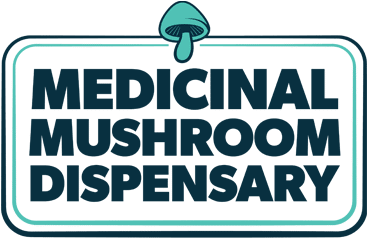
Patients with a prescription from a doctor or a naturopath can purchase sub-perceptible doses of psilocybe in capsule form.
“The benefits of microdoses are well documented for migraines, cluster headaches, mood disorders, anxiety, for helping with sleep patterns,” Larsen says, “and also things like creativity and self expression.”
Through this mushroom dispensary model, Larsen is not only working to provide access to those who may benefit greatly from medicinal mushroom use, but also to destigmatize and legitimize the use of entheogens for treating a host of physical and psychological disorders.
The approach Larsen employed 11 years ago with marijuana is the same one he’s taking today with mushrooms. “Civil disobedience,” he explains, is required in order to “create the system we want to see, by doing it ourselves.”
Obviously, change does not occur overnight. This is particularly relevant when it comes to health and wellness, and especially with matters that not only buck the culture, but also push back against government policy.
“This is the challenge that we have,” Larsen says. “The government is always so restrictive, research is very hard to do, getting things to patients is very challenging, and I’m really hoping that this helps create a breakthrough, and gives us some data to work with.”
Larsen refers to microdoses of psilocybe as, “the CBD of entheogens.” The comparisons are plentiful and apt. Cannabidiol (CBD) is one of two heavily researched cannabinoids found in cannabis. The other is THC. The primary difference between the two is that CBD is non-psychoactive.
Much like a microdose of psilocybe, CBD offers a host of benefits (that range from anti-inflammatory to antidepressant effects) which occur at a very low, sub-perceptible threshold. A person who ingests either a microdose of psilocybe or a standard dose of CBD can function normally, without experiencing any psychedelic-like effects.
“I’m really curious to see the results [of this project]” Larsen said. “Although I’ve had personal experiences with psilocybe, and I’ve read a lot of literature, it’ll be the first time for me working directly with people and getting their feedback. We’ve sent out about 30 or 40 orders so far since we started, and I’m very excited to see what kind of results we get from people and how it works for them — if they feel it’s beneficial or not.”
Given that psilocybin is illegal in Canada, just as it is in most of the U.S., this undertaking is a risk on Larsen’s part, and he’s no stranger to the potential consequences. In 2016, Larsen was arrested on counts of possession and trafficking marijuana.
The charges were eventually thrown out, but the implications of such legal action were loud and clear: According to the law, psychoactive plants — like marijuana and psilocybin mushrooms — are a threat, and they should be treated as such. Tackling this notion is part of Larsen’s ethos.
By practicing “civil disobedience,” Larsen sees an opportunity to inform and illustrate. If microdosing psilocybe proves to be as beneficial as some of the research suggests, the stories of those affected could have a major impact on culture and on the law.
Moving forward, Larsen plans to open a mushroom dispensary storefront, and offer “a safe space where you can come and take a larger dosage in a therapeutic setting with our staff, and our people there to help offer guidance and to make sure you’re safe.”
Medicinal mushroom use, at least in Vancouver, Denver, and Oakland, is looking bright.
In Larsen’s words, “I’m excited about the future of this, and seeing things grow.”

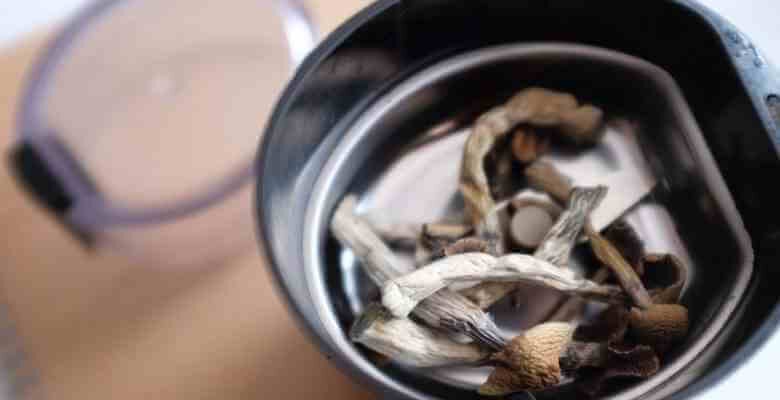
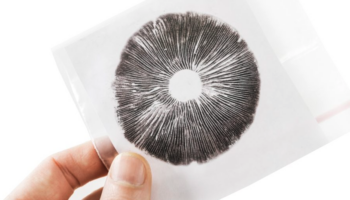


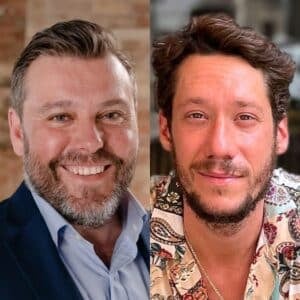

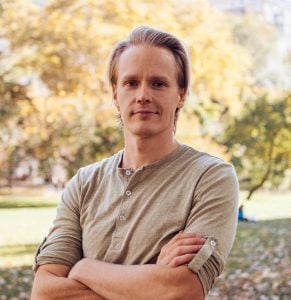
This is good news for people who are always on the go and do not have the time to grow their own mushrooms garden. Bringing this alternative medicine closer and accessible to people who really need it. I hope that people will start to realize that cure is always within our reach, it can even be in our own backyard.
Nevertheless, we can still eat some of them even if they are not medicinal it can still cure our hunger. I hope this could be the future treatment of a lot of diseases. It has endless capabilities!
It’s a shame that some unethical people flourish in the current environment, such as ‘The Schroom Shop’ in Canada, that takes your hard earned money and never ships out any product, nor does it give you a refund. Just excuses.
Shrooms………..mmmm…….